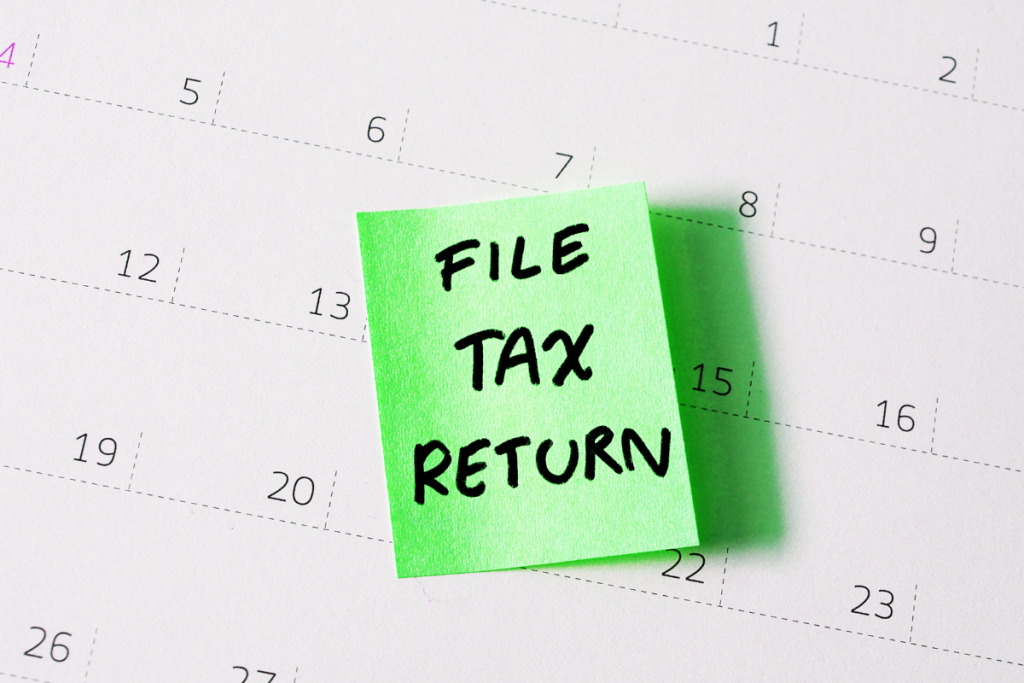Preparing for your tax return

Picture this scenario… It’s December and you’ve realised you still need to file for your tax return – that dreaded deadline every year – 31st of January.
A lot of us tend to leave our tax returns to the last minute which leaves less time to prepare, and more room for mistakes to happen within the filing process. This stress doesn’t have to be added to your workload, and if you’re newly self-employed, sometimes the first tax return can be overwhelming. That doesn’t need to be the case. Slowly start to incorporate effective time management and plan out when you will complete each part of your tax return preparations.
If you struggle with working through tax-related paperwork, consider hiring an accountant to help lessen the workload and guide you through the process. If you’d rather have a go yourself, here are some top tips to help you prepare:
1. Time management
Managing your time is key when preparing for your tax return. Identify each element and plan how much time each will take to complete. Then set aside the time required. This will help with spreading out the workload and make it not seem so overwhelming.
2. Make sure you have all your resources at hand, organised
Having a specific file for all your tax return resources is a great way of keeping all those important documents organised and easy to find. If you’d prefer not to print out lots of paperwork that’s already on your computer, keep your files organised online, backed up and ensure each document is labelled fully so you can access it more quickly. Resources include all the documents you need in order to complete your tax return i.e. P60, UTR Number, Log-In info for HMRC Online, P11D, Pension Statements, P45, any Dividends, Pension Info, National Insurance and any other documents related.
3. Know what you can claim as Business Expenses and Tax Relief
As you’re looking through receipts, statements and organising your expenses, be well informed on what you can and cannot claim as a business expense. Here is a link to HMRC’s guide on expenses. There are some other allowances and tax reliefs that you may need to apply for in addition that don’t get taken off your return automatically. These can include: Pension Tax Relief, Trading Income Allowance, Dividend Allowance, Marriage Allowance, Starting Rate Band, and many more.
4. Consider looking at Gift Aid
If your business has contributed towards any charities over the past year, you may be eligible for Gift Aid which in turn will reduce your overall taxes.
5. Keep a note of any deadlines
Set a reminder for your tax return deadline, as well as any other deadlines you need to adhere to. There can be hefty fines if you submit your tax return late, so be aware.
After the tax year has ended (6th April), you can submit your tax return online at any time. So plan ahead, be prepared and organise all the required documents.


















